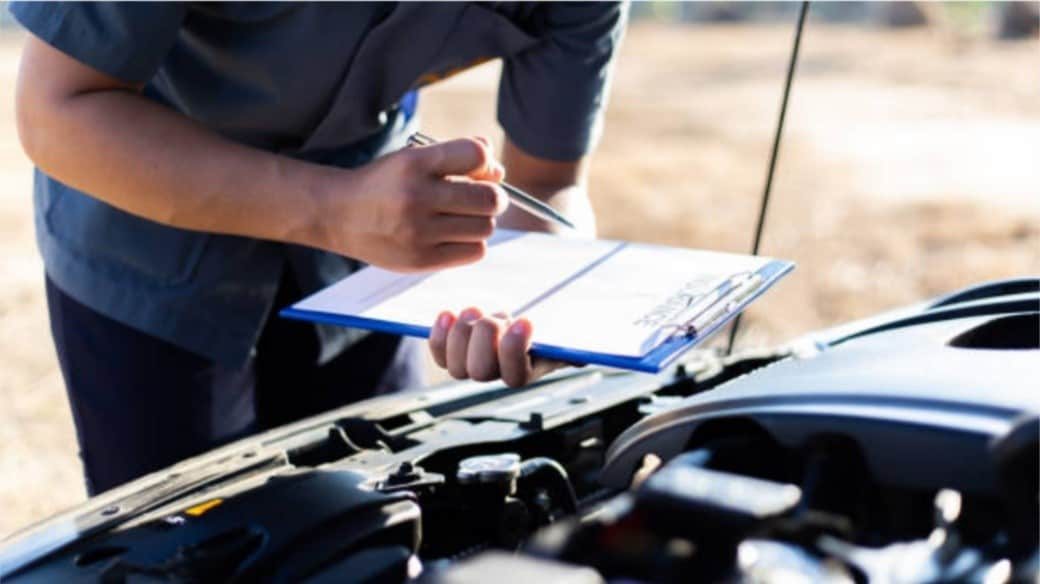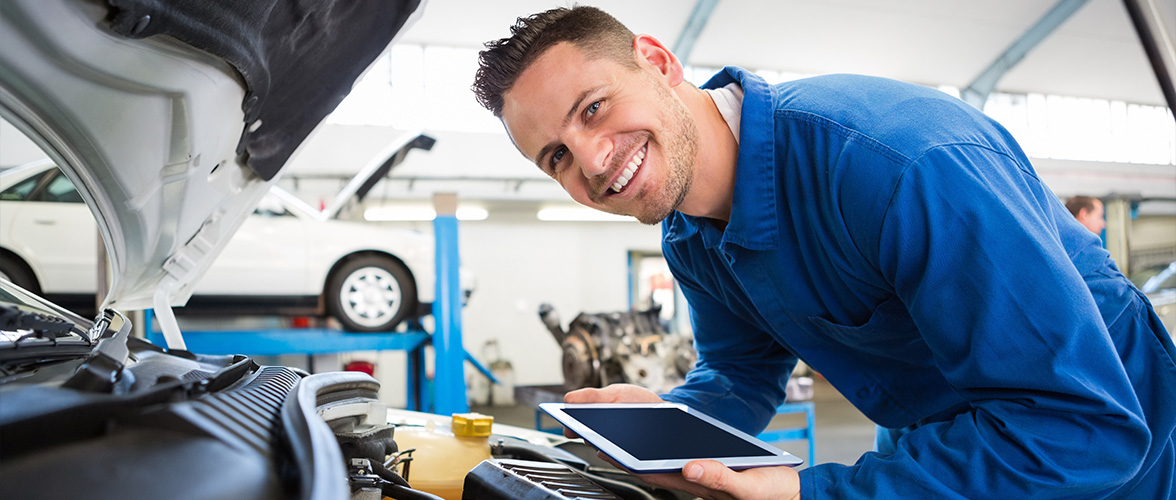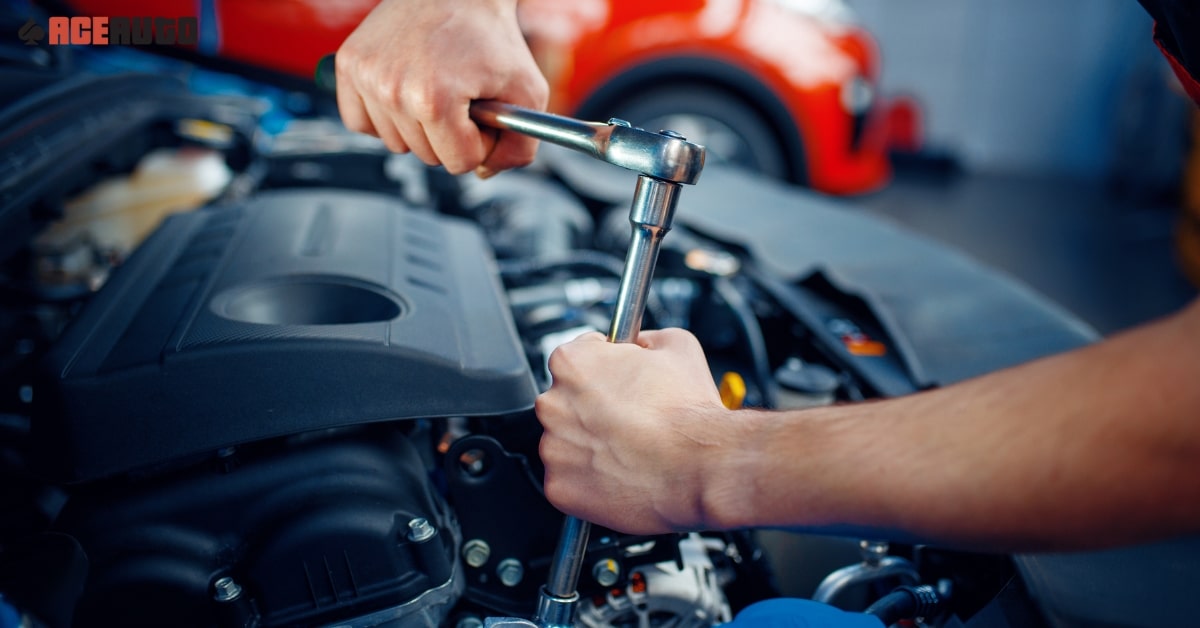Featured
When your car overheats, it can seem like a major emergency, however remaining calm and following the best steps can protect against serious engine damage and aid get you back on the roadway securely. In this message, we'll discover what to do if your auto overheats and provide preventative pointers to minimize the risk of overheating in the future.
If Your Vehicle Gets too hot,What to Do. If your cars and truck starts to get too hot is to draw over to a risk-free spot as soon as feasible, draw Over to a Safe Place The first and most crucial step. Transform on your risk lights and direct your automobile to the shoulder or into a car park. Maintaining your vehicle running while it's overheated can cause serious damage to the engine, so it's important to shut the engine off immediately.
Allow the Engine Cool Off Once you've securely stopped, allow the engine to cool. You need to never ever try to open the radiator cap while the engine is still hot, as the release of heavy steam or hot coolant can cause burns. Wait at least 15-20 mins to permit the engine temperature to drop to a safer level before proceeding.
![]()
Examine the Coolant Degree After the engine has actually cooled down, inspect the coolant degrees by evaluating the reservoir or radiator. Top it off with a mixture of coolant and water (as specified by your automobile's maker) if it's low. Constantly use caution when opening the coolant tank, as stress may have accumulated.
Seek Visible Leakages While you await the engine to cool, visually evaluate the radiator, hoses, and coolant tank for any visible leakages or splits. A dripping radiator or pipe is an usual cause of getting too hot. It's better to call a tow solution than risk driving additionally and triggering additional damages. if you discover a significant leakage.
Reboot the Engine After permitting the engine to cool down and guaranteeing the coolant is topped off, begin the engine and check the temperature gauge. If the temperature continues to climb swiftly, it's ideal to close the engine off and ask for roadside assistance or a tow to the closest technician.
![]()
How to Prevent Getting Too Hot in the Future. Consistently Examine Coolant Degrees Among the most convenient methods to avoid overheating is by preserving the appropriate level of coolant. Gradually, coolant can evaporate, so consistently examine the coolant levels in the reservoir. Low coolant levels can create the engine to overheat rapidly, so top it off as required.
Examine the Radiator The radiator plays an important role in keeping the engine cool. Regularly inspect the radiator for any kind of obstructions, dust, or debris that could obstruct air movement. If you observe any kind of indications of damage, such as rust or leakages, have it repaired or replaced immediately.
Replace the Thermostat and Water Pump A malfunctioning thermostat or water pump is a typical source of overheating. The thermostat regulates the flow of coolant, while the water pump circulates it with the engine. If either component is damaged, it can stop correct air conditioning. When necessary., have your mechanic evaluate these parts routinely and replace them.
Flush the Air conditioning System Over time, coolant can deteriorate and come to be inadequate, causing a build-up of particles in the system. Flushing the air conditioning system every 30,000 miles, or as suggested in your car's manual, helps to eliminate any sludge or accumulation and makes sure the cooling system is functioning effectively.
Screen the Condition of the Pipes The hoses in your lorry's air conditioning system can break or crack gradually. Inspect the tubes for any kind of signs of wear, such as protruding, fractures, or leaks, and change them if required. Protecting against coolant leaks can go a long way in preventing getting too hot.
![]()
Drive Sensibly Hostile driving, such as accelerating promptly or driving at high speeds, puts additional stress on your engine and its cooling system. Try to drive at moderate rates, especially on warm days or when driving on high inclines, to reduce the chances of getting too hot.
Prevent Overwhelming Your Automobile Lugging extreme weight in your automobile puts tension on the engine and cooling system. Always be conscious of your car's weight limit, especially if you're transporting hefty tons, lugging a trailer, or driving lengthy distances in heat.
Verdict. An overheating car can be a frightening experience, however understanding how to react and avoid it can conserve you time, cash, and possible engine damage. Always check your coolant degrees, check crucial components like the radiator, thermostat, and hose pipes, and comply with a normal upkeep schedule. By remaining on top of your automobile's air conditioning system, you can lower the threat of getting too hot and appreciate a smoother, safer driving experience.
If Your Vehicle Gets too hot,What to Do. If your cars and truck starts to get too hot is to draw over to a risk-free spot as soon as feasible, draw Over to a Safe Place The first and most crucial step. Transform on your risk lights and direct your automobile to the shoulder or into a car park. Maintaining your vehicle running while it's overheated can cause serious damage to the engine, so it's important to shut the engine off immediately.
Allow the Engine Cool Off Once you've securely stopped, allow the engine to cool. You need to never ever try to open the radiator cap while the engine is still hot, as the release of heavy steam or hot coolant can cause burns. Wait at least 15-20 mins to permit the engine temperature to drop to a safer level before proceeding.

Examine the Coolant Degree After the engine has actually cooled down, inspect the coolant degrees by evaluating the reservoir or radiator. Top it off with a mixture of coolant and water (as specified by your automobile's maker) if it's low. Constantly use caution when opening the coolant tank, as stress may have accumulated.
Seek Visible Leakages While you await the engine to cool, visually evaluate the radiator, hoses, and coolant tank for any visible leakages or splits. A dripping radiator or pipe is an usual cause of getting too hot. It's better to call a tow solution than risk driving additionally and triggering additional damages. if you discover a significant leakage.
Reboot the Engine After permitting the engine to cool down and guaranteeing the coolant is topped off, begin the engine and check the temperature gauge. If the temperature continues to climb swiftly, it's ideal to close the engine off and ask for roadside assistance or a tow to the closest technician.

How to Prevent Getting Too Hot in the Future. Consistently Examine Coolant Degrees Among the most convenient methods to avoid overheating is by preserving the appropriate level of coolant. Gradually, coolant can evaporate, so consistently examine the coolant levels in the reservoir. Low coolant levels can create the engine to overheat rapidly, so top it off as required.
Examine the Radiator The radiator plays an important role in keeping the engine cool. Regularly inspect the radiator for any kind of obstructions, dust, or debris that could obstruct air movement. If you observe any kind of indications of damage, such as rust or leakages, have it repaired or replaced immediately.
Replace the Thermostat and Water Pump A malfunctioning thermostat or water pump is a typical source of overheating. The thermostat regulates the flow of coolant, while the water pump circulates it with the engine. If either component is damaged, it can stop correct air conditioning. When necessary., have your mechanic evaluate these parts routinely and replace them.
Flush the Air conditioning System Over time, coolant can deteriorate and come to be inadequate, causing a build-up of particles in the system. Flushing the air conditioning system every 30,000 miles, or as suggested in your car's manual, helps to eliminate any sludge or accumulation and makes sure the cooling system is functioning effectively.
Screen the Condition of the Pipes The hoses in your lorry's air conditioning system can break or crack gradually. Inspect the tubes for any kind of signs of wear, such as protruding, fractures, or leaks, and change them if required. Protecting against coolant leaks can go a long way in preventing getting too hot.

Drive Sensibly Hostile driving, such as accelerating promptly or driving at high speeds, puts additional stress on your engine and its cooling system. Try to drive at moderate rates, especially on warm days or when driving on high inclines, to reduce the chances of getting too hot.
Prevent Overwhelming Your Automobile Lugging extreme weight in your automobile puts tension on the engine and cooling system. Always be conscious of your car's weight limit, especially if you're transporting hefty tons, lugging a trailer, or driving lengthy distances in heat.
Verdict. An overheating car can be a frightening experience, however understanding how to react and avoid it can conserve you time, cash, and possible engine damage. Always check your coolant degrees, check crucial components like the radiator, thermostat, and hose pipes, and comply with a normal upkeep schedule. By remaining on top of your automobile's air conditioning system, you can lower the threat of getting too hot and appreciate a smoother, safer driving experience.
Latest Posts
Uncover the Top Auto Repair Discounts in Montclare, Chicago
Published May 27, 25
1 min read
Take Advantage of Exclusive Auto Repair Deals in Chicago at Montclare Auto Repair
Published May 25, 25
1 min read
Find Montclare Auto Repair’s Highly Requested Auto Repairs and Why Drivers Rely On Them
Published May 23, 25
1 min read
More
Latest Posts
Uncover the Top Auto Repair Discounts in Montclare, Chicago
Published May 27, 25
1 min read
Take Advantage of Exclusive Auto Repair Deals in Chicago at Montclare Auto Repair
Published May 25, 25
1 min read
Find Montclare Auto Repair’s Highly Requested Auto Repairs and Why Drivers Rely On Them
Published May 23, 25
1 min read